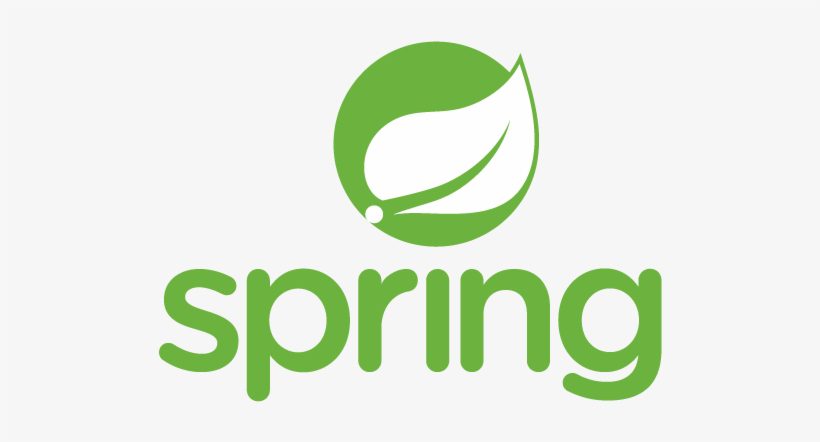
As Java developers continue to rely on the Spring Framework for building robust and scalable applications, staying informed about potential security vulnerabilities is crucial. Recently, a high-severity vulnerability, CVE-2023-20863, was discovered that may expose Java applications to denial-of-service (DoS) attacks.
CVE-2023-20863 is a security vulnerability with a CVSS score of 7.5, which is considered high risk. This vulnerability affects multiple versions of the Spring Framework, including 6.0.0 – 6.0.7, 5.3.0 – 5.3.26, 5.2.0.RELEASE – 5.2.23.RELEASE, and older unsupported versions. The issue arises from the way Spring Framework handles SpEL (Spring Expression Language) expressions. Attackers can craft malicious SpEL expressions that may cause a denial-of-service (DoS) condition in the affected applications.

A denial-of-service (DoS) attack is a type of cyberattack in which an attacker attempts to disrupt the normal functioning of a service or application by overwhelming it with requests or exploiting specific vulnerabilities. In the context of CVE-2023-20863, an attacker could exploit the Spring Expression Language processing mechanism by submitting a specially crafted SpEL expression, which could render the application unresponsive or excessively slow.
The vulnerability was initially discovered by the Google OSS-Fuzz team from Code Intelligence, who responsibly reported it to the Spring team.
Thankfully, the Spring team has released new versions of the framework that address the CVE-2023-20863 vulnerability. The mitigation steps for affected users are as follows:
- For 6.0.x users: Upgrade to version 6.0.8 or later.
- For 5.3.x users: Upgrade to version 5.3.27 or later.
- For 5.2.x users: Upgrade to version 5.2.24.RELEASE or later.
- Users of older, unsupported versions: Upgrade to either 6.0.8+ or 5.3.27+.
No other steps are necessary to secure your application against this vulnerability. Upgrading to the latest version will safeguard your application from potential DoS attacks caused by this issue.